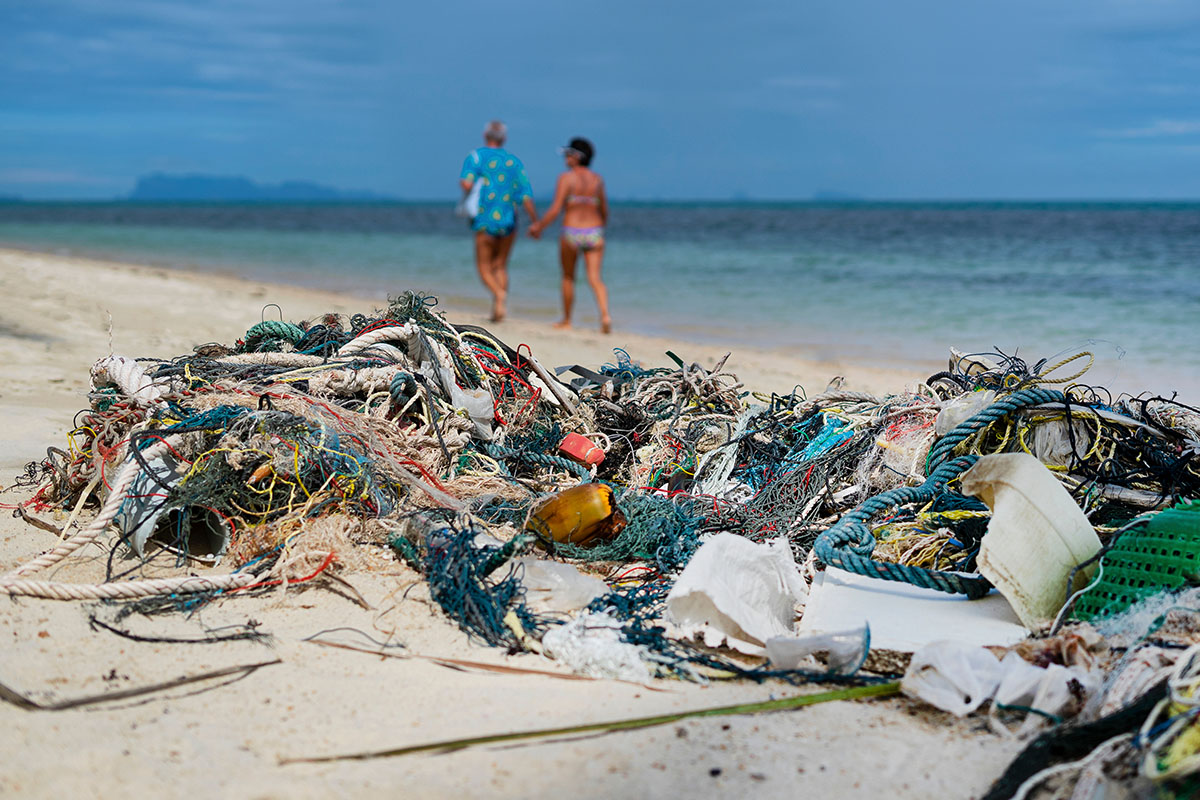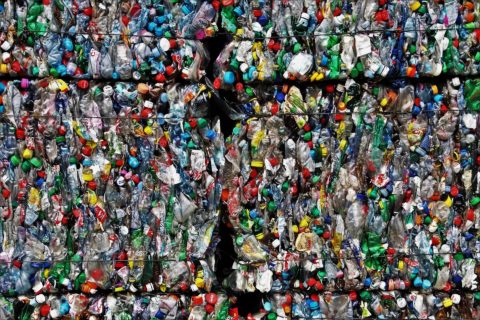Global demand for plastics has nearly doubled since 2000. Every year approximately 20 million tonnes of plastic waste enter our water systems and ocean plastic pollution is expected to triple by 2040. With growing concern over the impacts of plastic production, use, and pollution we need policies, laws, and standards that rethink plastic’s role and applications in our society and push for an absolute reduction of our plastic footprint. The entire plastics value chain must undergo a deep transformation, including an absolute reduction of plastic production and reduce demand from plastic using sectors. ECOS works to reduce the global plastic footprint and ensure clean material loops in a circular economy by engaging in international policy and standards development.



The EU Packaging and Packaging Waste Regulation (PPWR) provides a foundation for more sustainable packaging but leaves too much room for voluntary adoption. For a stronger commitment to reducing packaging waste, we need Member States to go beyond the minimum requirements of the regulation. It will be crucial to adopt ambitious secondary legislation and standards that will address sustainable waste management, helping the much-needed shift towards more sustainable packaging.
World leaders are on their way to Busan, South Korea, for a historic negotiation: INC-5, the final round of negotiations for a UN treaty to end plastic pollution. What can we expect? How can a plastics treaty confront plastic pollution at its root, protect health, and preserve the environment? Read our blog to find out.
ECOS has been an active participant in the development of new European standards for the ‘Circular design of fishing gear and aquaculture equipment’. These standards will help to reduce plastics, microplastics, and other waste in our oceans that harm wildlife.
Rethink Plastic alliance responds to the European Commission’s proposal for a Delegated Act to exempt pallet wrappings and straps from the 100% reuse targets in the Packaging and Packaging Waste Regulation/
Download the pdfECOS is co-funded by the European Commission and EFTA

 Funded by the European Union. Views and opinions expressed are however those of the author(s) only and do not necessarily reflect those of the European Union or EISMEA. Neither the European Union nor the granting authority can be held responsible for them.
Funded by the European Union. Views and opinions expressed are however those of the author(s) only and do not necessarily reflect those of the European Union or EISMEA. Neither the European Union nor the granting authority can be held responsible for them.
